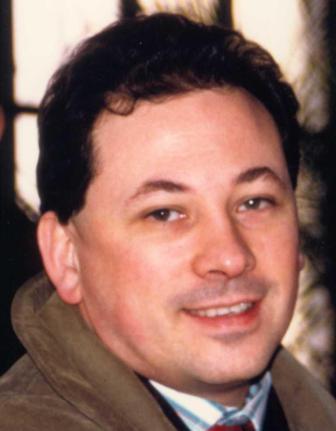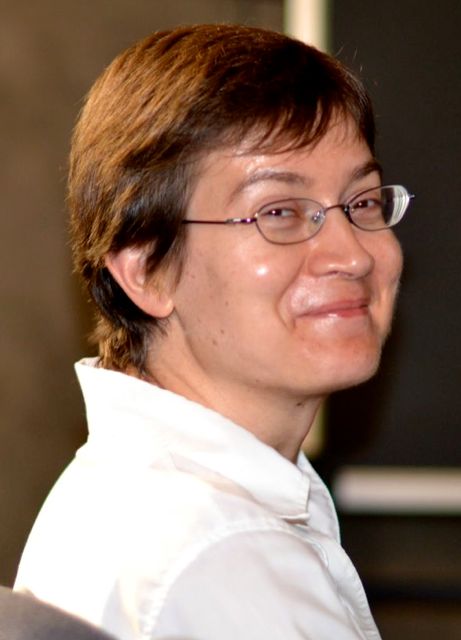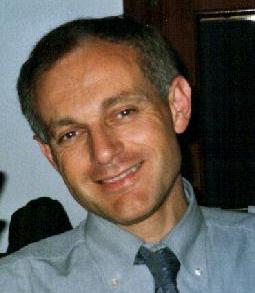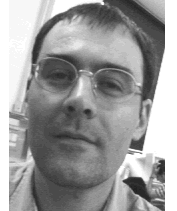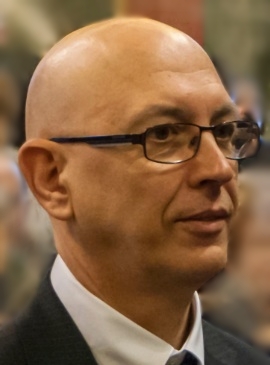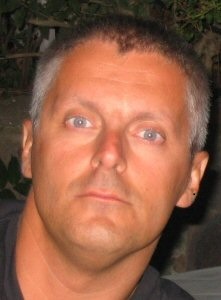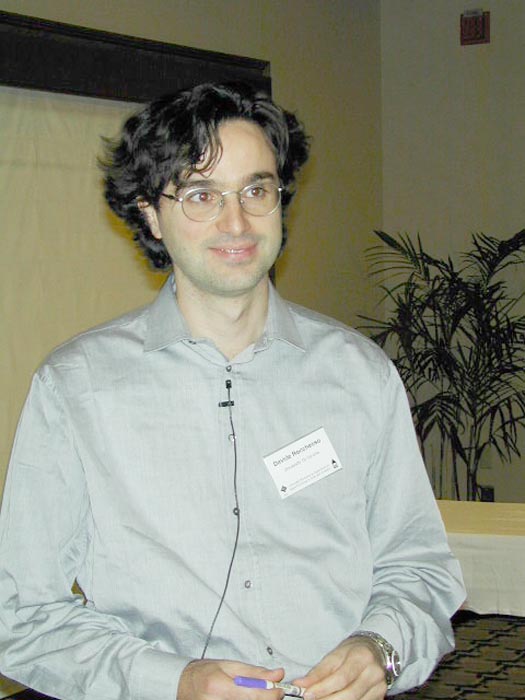Studying at the University of Verona
Here you can find information on the organisational aspects of the Programme, lecture timetables, learning activities and useful contact details for your time at the University, from enrolment to graduation.
Academic calendar
The academic calendar shows the deadlines and scheduled events that are relevant to students, teaching and technical-administrative staff of the University. Public holidays and University closures are also indicated. The academic year normally begins on 1 October each year and ends on 30 September of the following year.
Course calendar
The Academic Calendar sets out the degree programme lecture and exam timetables, as well as the relevant university closure dates..
| Period | From | To |
|---|---|---|
| 1° | Sep 30, 2002 | Nov 29, 2002 |
| 2° | Jan 13, 2003 | Mar 14, 2003 |
| 3° | Apr 7, 2003 | Jun 13, 2003 |
| Session | From | To |
|---|---|---|
| First term | Dec 9, 2002 | Dec 20, 2002 |
| Second term | Mar 24, 2003 | Apr 4, 2003 |
| Third term | Jun 23, 2003 | Jul 4, 2003 |
| First extra term | Jul 7, 2003 | Jul 18, 2003 |
| Second extra term | Sep 1, 2003 | Sep 12, 2003 |
| Third extra term | Sep 15, 2003 | Sep 26, 2003 |
| Session | From | To |
|---|---|---|
| 1 | Mar 17, 2004 | Mar 17, 2004 |
| Period | From | To |
|---|---|---|
| Easter Holidays | Apr 18, 2003 | Apr 27, 2003 |
Exam calendar
Exam dates and rounds are managed by the relevant Science and Engineering Teaching and Student Services Unit.
To view all the exam sessions available, please use the Exam dashboard on ESSE3.
If you forgot your login details or have problems logging in, please contact the relevant IT HelpDesk, or check the login details recovery web page.
Academic staff
 nome.cognome[at]uniud.it
nome.cognome[at]uniud.it
 gino.mariotto@univr.it
gino.mariotto@univr.it
 angelo.pica@univr.it
angelo.pica@univr.it
 davide.rocchesso@univr.it
davide.rocchesso@univr.it
Study Plan
The Study Plan includes all modules, teaching and learning activities that each student will need to undertake during their time at the University.
Please select your Study Plan based on your enrollment year.
4° Year activated in the A.Y. 2005/2006
| Modules | Credits | TAF | SSD |
|---|
Un insegnamento affine dell'area fisica a scelta dello studenteDue insegnamenti affini (area matematica) a scelta per complessivi 10 crediti4 insegnamenti caratterizzanti a scelta per un totale di 20 crediti (la scelta di 4 insegn. al 4° anno è un suggerimento, il vincolo è: 7 insegn. tra N.6 e N.8)5° Year activated in the A.Y. 2006/2007
| Modules | Credits | TAF | SSD |
|---|
3 insegnamenti caratterizzanti a scelta per un totale di 15 crediti (la scelta di 3 insegn. al 5° anno è un suggerimento, il vincolo è: 7 insegn. tra N.6 e N.8)| Modules | Credits | TAF | SSD |
|---|
| Modules | Credits | TAF | SSD |
|---|
Un insegnamento affine dell'area fisica a scelta dello studenteDue insegnamenti affini (area matematica) a scelta per complessivi 10 crediti4 insegnamenti caratterizzanti a scelta per un totale di 20 crediti (la scelta di 4 insegn. al 4° anno è un suggerimento, il vincolo è: 7 insegn. tra N.6 e N.8)| Modules | Credits | TAF | SSD |
|---|
3 insegnamenti caratterizzanti a scelta per un totale di 15 crediti (la scelta di 3 insegn. al 5° anno è un suggerimento, il vincolo è: 7 insegn. tra N.6 e N.8)Legend | Type of training activity (TTA)
TAF (Type of Educational Activity) All courses and activities are classified into different types of educational activities, indicated by a letter.
Robotics (2006/2007)
Teaching code
4S00078
Teacher
Credits
5
Language
Italian
Scientific Disciplinary Sector (SSD)
ING-INF/04 - SYSTEMS AND CONTROL ENGINEERING
Period
2nd quadrimester dal Jan 8, 2007 al Mar 9, 2007.
Location
VERONA
Learning outcomes
The objective of the course is to introduce the students to the main concepts of analysis, control, and programming of robotic systems, such a manipulators and autonomous vehicles. The course consist of three main parts:
* the first part presnts the main concepts of the analysis of open kinematic chains, such as robotic arms
* the second part of the course deals with the dynamical analysis of mechanical arm
* The last part of the course is devoted to discussing robotic control, with basic concepts on actuation and motion planning
An important part of the course is the final project, during which students will be able to develop their own ideas in robotics and run relevant simulations and experiments.
Program
* Introduction to the course
* Spatial kinematics
* Direct kinematic of a manipulator arm
* Inverse kinematics of a manipulator
* Differential kinematics
* Trajectory computation for a robot
* Motion planning of a robot
* Robot dynamics
* Robot control
* Advanced topics: Telerobotics, sensors, haptics, ecc.
The course consists of about 40 hours of lecture, with presentaiton of the main concepts, carried out meaningful examples, and develop discussions with the students.
Examination Methods
The grade will be determined with a closed book midterm and a final project. The test consists of exercises on the topics discussed in the lectures and on theoretical questions. The project consists of the development of simulations and experiments related to robotics. the average of the two grades is the final grade of the course. Student have the right to receive an oral examination which will be discussed on a case by case basis.
Type D and Type F activities
Modules not yet included
Career prospects
Module/Programme news
News for students
There you will find information, resources and services useful during your time at the University (Student’s exam record, your study plan on ESSE3, Distance Learning courses, university email account, office forms, administrative procedures, etc.). You can log into MyUnivr with your GIA login details: only in this way will you be able to receive notification of all the notices from your teachers and your secretariat via email and soon also via the Univr app.
 +39 045 802 7059
+39 045 802 7059
